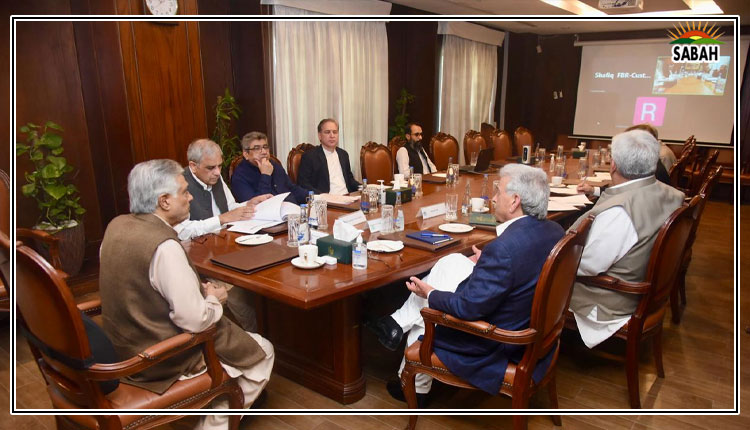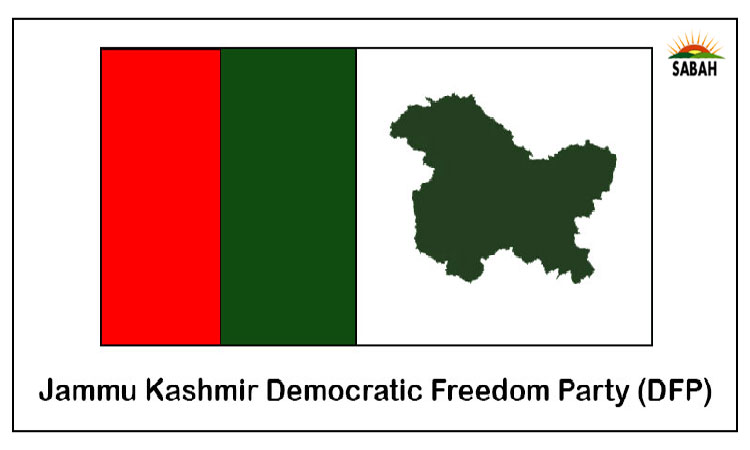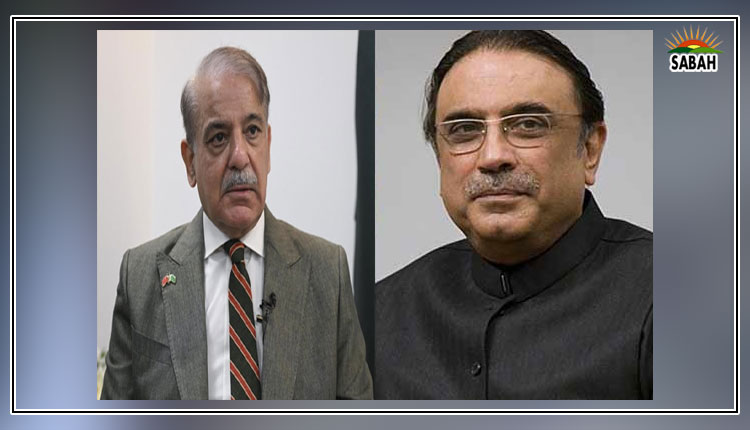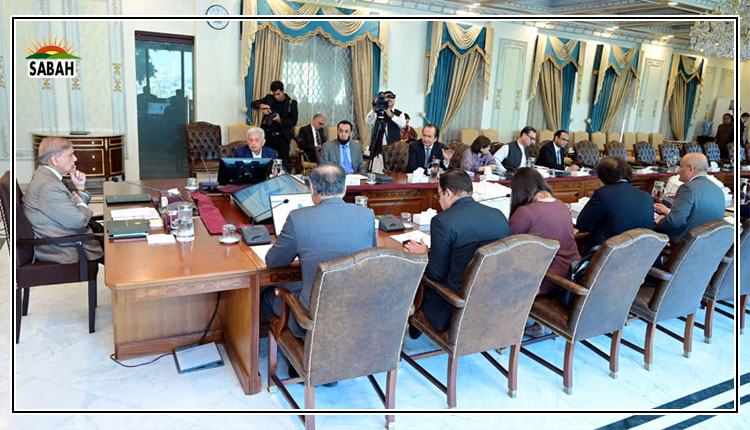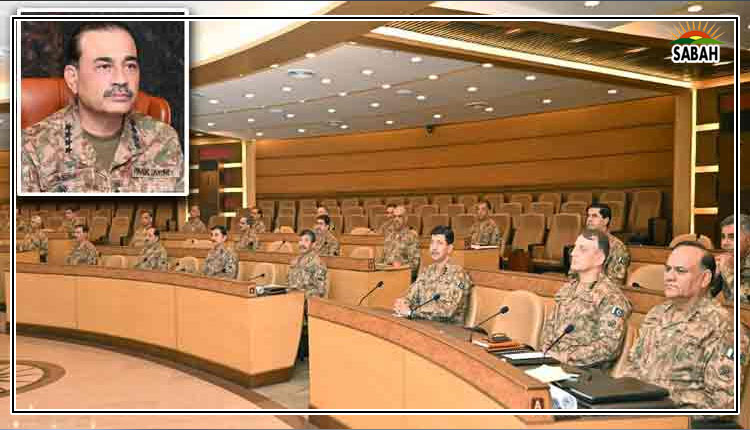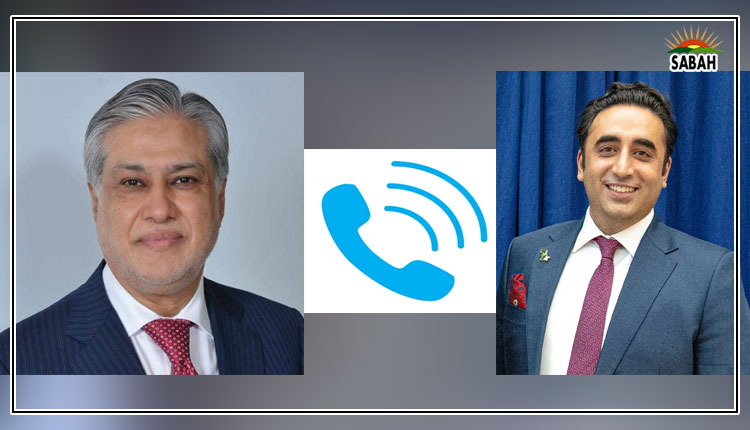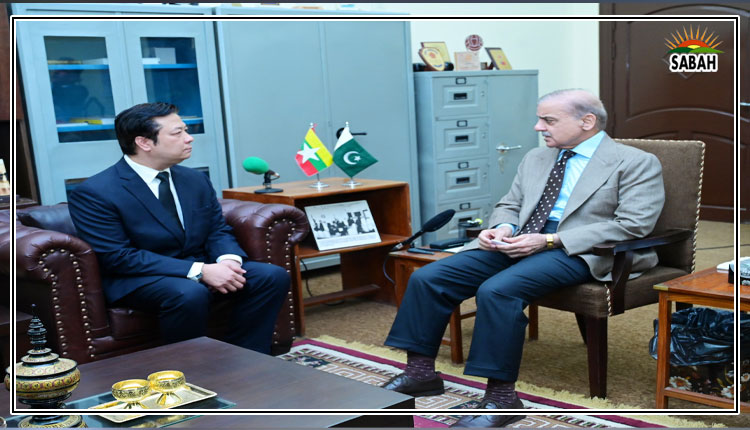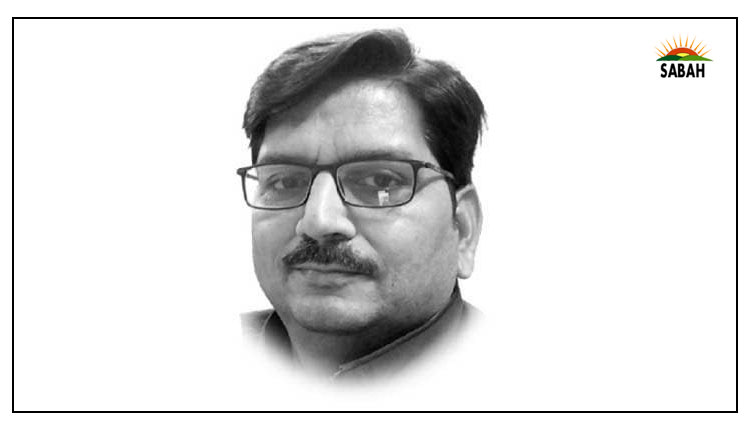Universality of Imam Hussain …. M Nadeem Nadir
The martyrdom of Imam Hussain (AS) in the Battle of Karbala stands for the resistant spirit of Islam against oppression, injustice, and misuse of power and portfolio. About the universal legacy bestowed upon the world by Imam Hussain’s epic fight for the dominance of truth, Josh Malih Abadi says:
Insaan ko beidaar tu ho lenay do
Her qom pukaray gi hamaray hein Hussain
Syed Ghulam Abbas’s nuanced translation of the above is worthy to be quoted here:
“Let man wake, each human race shall respond/ Hussain is our own, Hussain is humanity’s bond.”
The universality of Imam’s epic endeavour and its importance for the proud survival of truth and justice can be gauged from the tributes of non-Muslim intellectuals. It’s pertinent to quote a few.
“Hussain’s legacy transcends time and place, inspiring people to stand against tyranny and injustice,” said Desmond Tutu.
To Jawahar Lal Nehru, “Imam Hussain’s sacrifice is for all groups and communities, an example of the path of righteousness.”
Mahatma Gandhi said, “I learnt from Hussain how to attain victory while being oppressed.”
Scottish historian and philosopher Thomas Carlyle remarked, “The best lesson which we get from the tragedy of Karbala is that Hussain and his companions were rigid believers in God. They illustrated that the numerical superiority does not count when it comes to the truth and the falsehood. The victory of Hussain despite his minority, marvels me.”
Antoine Bara, in his magnum opus, Hussain in Christian Ideology, couldn’t help but acknowledge, “No battle in the modern and past history of mankind has earned more sympathy and admiration as well as provided more lessons than the martyrdom of Hussain in the battle of Karbala.”
Sarojini Naidu said, “I congratulate Muslims that from among them, Hussain, a great human being, was born, who is revered and honoured totally by all communities.”
In the words of former United Nations Secretary-General Kofi Annan, “Imam Hussain belongs to that category of leaders who championed social justice, protected the dignity of the downtrodden, and sacrificed his life for the purpose of upholding the ideals of righteousness and truth.”
The great poet Rabindranath Tagore writes: “In order to keep alive justice and truth, instead of an army or weapons, success can be achieved by sacrificing lives, exactly what Imam Hussain did.”
Nelson Mandela, the iconic anti-apartheid revolutionary and former President of South Africa, found strength in Imam Hussain’s model. Mandela stated, “The sacrifice of Imam Hussain is not limited to one country, or nation, but it is the hereditary state of the brotherhood of all mankind.”
Charles Dickens, the renowned English novelist, once stated, “If Husain had fought to quench his worldly desires…then I do not understand why his sister, wife, and children accompanied him. It stands to reason therefore, that he sacrificed purely for Islam.”
Similarly, Edward Gibbon pays tribute to Imam Hussain in his monumental work, The History of the Decline and Fall of the Roman Empire: “In a distant age and climate, the tragic scene of the death of Hussain will awaken the sympathy of the coldest reader.”
The Muslims of the world in general and of the subcontinent in particular have done great injustice with the huge repository of knowledge and inspiration that lies with the Ahle Bait — the progeny of the Holy Prophet (PBUH) — by disputing it on sectarian boundaries. The whole epic must be taught formally to students to instil in them that moral and eternal victory always rests with the truth.
It is said that before World War ll, the name Hitler was present many a time in the telephone directory of numerous Western countries, but after the war, not a single entry existed anywhere till today. So is the fate of Imam’s adversaries that their names are but derogatory epithets, whereas the truth remains inspirational forever.
Courtesy Express Tribune



